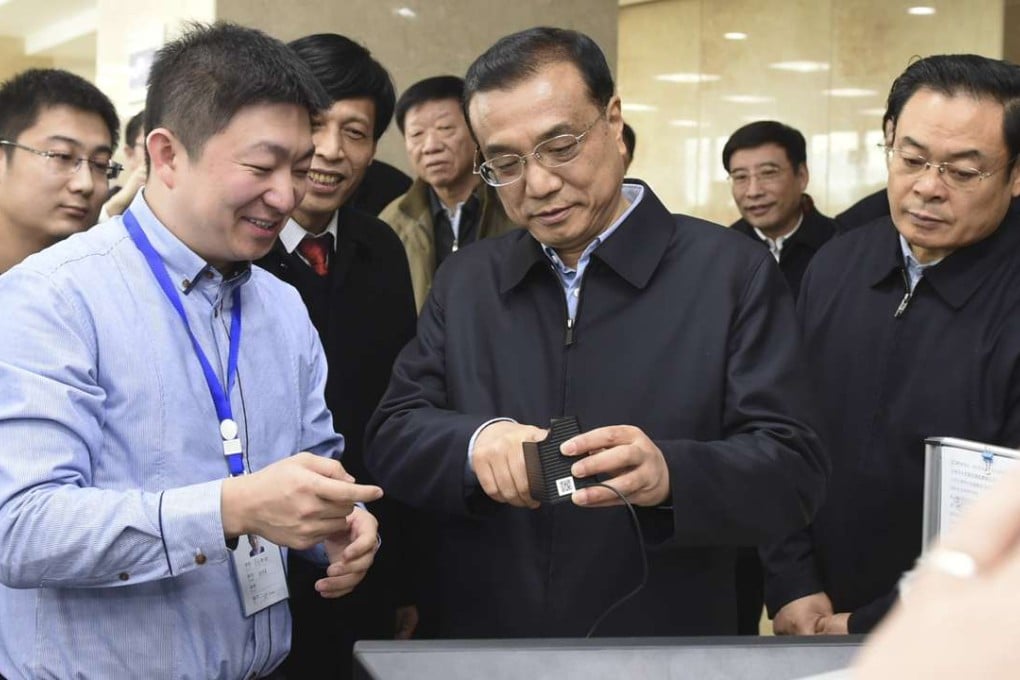Premier Li Keqiang’s innovation push proves no miracle cure for China’s economy
Entrepreneurship and innovation campaign has seen plenty of policy support and hype, but it has created few jobs and many failed companies

At 26, Yu Jiawen is one of China’s youngest and most high-profile internet tycoons.
His mobile social-networking app Super Curriculum, created four years ago, catapulted him to fame and wealth and is used by more than 33 million mainland university students.
Yu is just one of countless young Chinese, born in the 1980s and 1990s, who embraced the country’s top-down national “entrepreneurship and mass innovation” campaign, seen as a key to boosting the flagging economy.
Yu created an uproar in 2014 after appearing on the China Central Television programme Voice of Youth, where he encouraged his peers to break free from society’s expectations and embrace the internet, while also promising a bonus pool totalling 100 million yuan (US$14.5 million) for employees in 2015.
While he was unable to fulfil that pledge, the company not only survived but expanded. However, many other start-ups that secured financing burned through their investments and closed down.
The mass entrepreneurship and innovation campaign was the brainchild of Premier Li Keqiang, who first promoted it at the World Economic Forum’s 2014 summer gathering in Tianjin. Since then Beijing has continued to support entrepreneurs and start-ups with generous financial incentives in the hope of boosting growth and generating jobs.